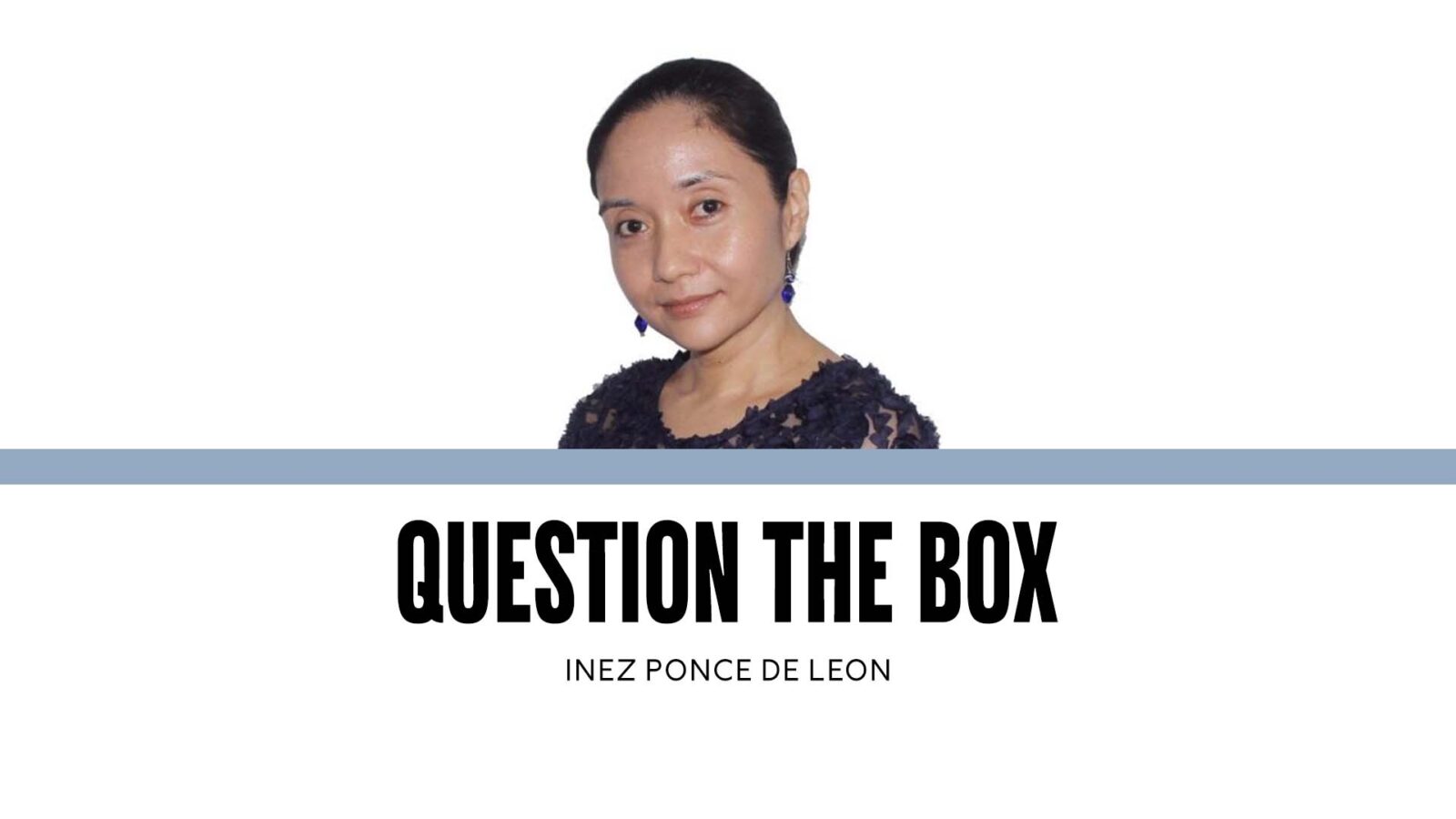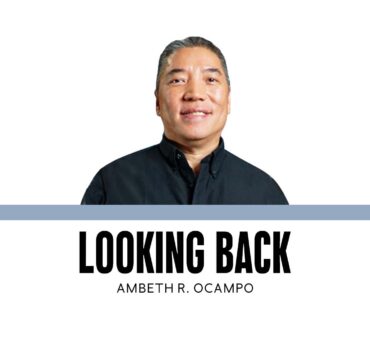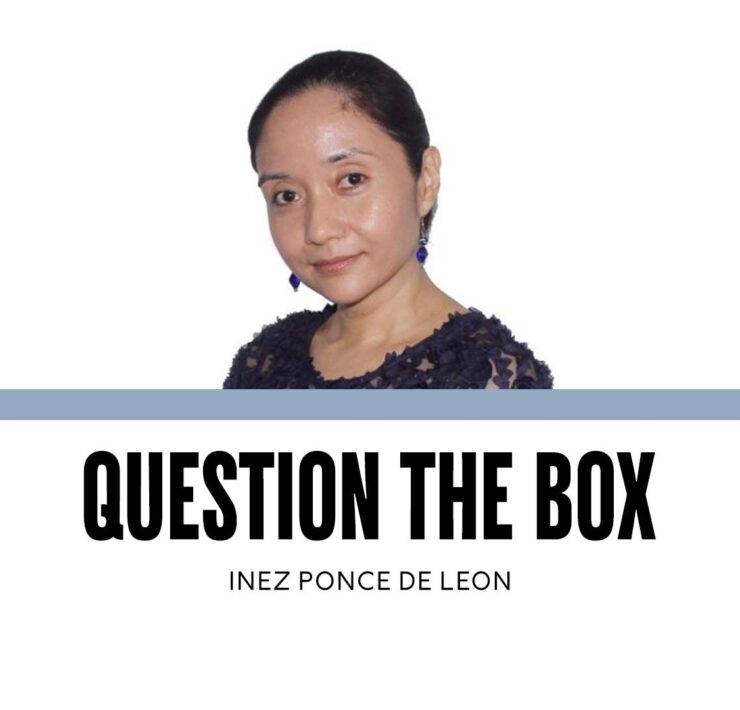A change of habits

Last week, my family and I left the Philippines for a vacation in Japan.
We slogged through our departure amid disarray and disaster. The traffic was awful. Paying for tolls was infuriating, as some people tried to cut into already-long lines. The airport driveway was slippery from the leaking shades overhead. Flights were delayed because of staff shortages. The news on our phones kept replaying scenes of different cities and towns across the Philippines crippled by floods, and, much later, scenes of a government crippled by technicalities.
When we arrived in Tokyo, we got gracious assistance at every turn. Even when queuing in long lines, people were patient. Things didn’t change in Sapporo: people were helpful, sometimes apologetic, but not oversolicitous or annoying. If they didn’t know English, they took out their phones and called on the powers of Google Translate. When I trotted out my beginner Nihongo, they giggled, answered in both Nihongo and halting English, and beamed when I attempted to carry out whatever conversation I could.
They set aside tasks to help and explained their answers, even if it took time, even if they had to revert to full Nihongo and interpretative dance, so that I had to go with context clues.
This was something we’ve always observed in Japan, even in cities with divergent temperaments. In Tokyo, with its loud structures and quieter residents, as in Sapporo, with its smaller environs and bustling citizens, there were people willing to help, or people telling others to be quiet so that people wouldn’t be bothered by the noise.
People weren’t just polite. They were considerate.
Yes, we haven’t ever lived in Japan, so we don’t know its flaws or see the inconveniences of everyday life. Yet we’ve always heard ourselves being compared with the Japanese, to the point that people ask why we aren’t as disciplined or as innovative, to the point that people think that simply making our rules stricter will make Filipinos more obedient.
The discipline the Japanese exercise, however, is woven into their everyday lives and could stem from how they view themselves in relation to others. The innovation they possess isn’t just something built by funding, but something that seems to come from childhood.
This was most apparent when we visited Sapporo’s newly built AOAO aquarium, which was inside a mall that featured a lot of amenities: a playroom for arts and crafts, bookshelves and reading nooks built next to smaller aquariums, and even a café where people could watch rockhopper penguins while eating a croissant or sipping coffee.
The children weren’t screaming or showing off. The books were well maintained. The whole place was clean even if people could bring in their food. There were maintenance personnel and few trash bins, but people didn’t leave their trash to be picked up. Their cleanliness wasn’t born of fear, but a consideration for others (perhaps a habit?).
The children were curious as well. They pointed at animals, asked their parents questions, smiled as they received answers.
And their parents? Engaged, with no baby talk, reading the aquarium descriptions to their children and showing their own sense of wonder. There were fewer people taking photos than parents reading to their children.
We often say we have to change our culture, but there isn’t a standard definition of what a culture is. Cultures are always in flux: as people shift residences, change their beliefs, reexamine their values, or raise their children in ways distinct from their own, so are they participating in and reconstructing culture.
Perhaps what we mean is that we need incremental, consistent change in habits. A big step: stop dismissing children’s questions and allow people to question authority. Engage others in conversation. Listen. Let children be curious and eventually learn to think critically. Reward critical thinking that allows children to improve their lives and innovate, rather than cookie-cutter projects that fulfill template criteria.
Then maybe we’ll have kids who grow up curious and considerate, who want people around them to feel loved and welcomed so that their convenience doesn’t come at the price of someone else’s dignity.
Maybe we’ll have people who don’t label themselves “resilient” all because they put up with haphazard urban planning and incompetent leaders. Maybe we’ll have people who speak up because they see wrongdoing, who will protest when they see corruption, who will raise hell when technicalities stand in the way of justice.
Maybe we’ll have people who value actual leadership over entertainment. Maybe we’ll have people who vote for servant-leaders rather than lame ducks or thieves who stand as symbols of wannabe dynasties.
Overhauling a culture doesn’t mean telling people to shut up and obey, or just deal with their suffering. That’s not instilling discipline. That’s oppression.
We don’t have to be like the Japanese, or the Singaporeans, or whoever.
We just have to be better Filipinos.


















